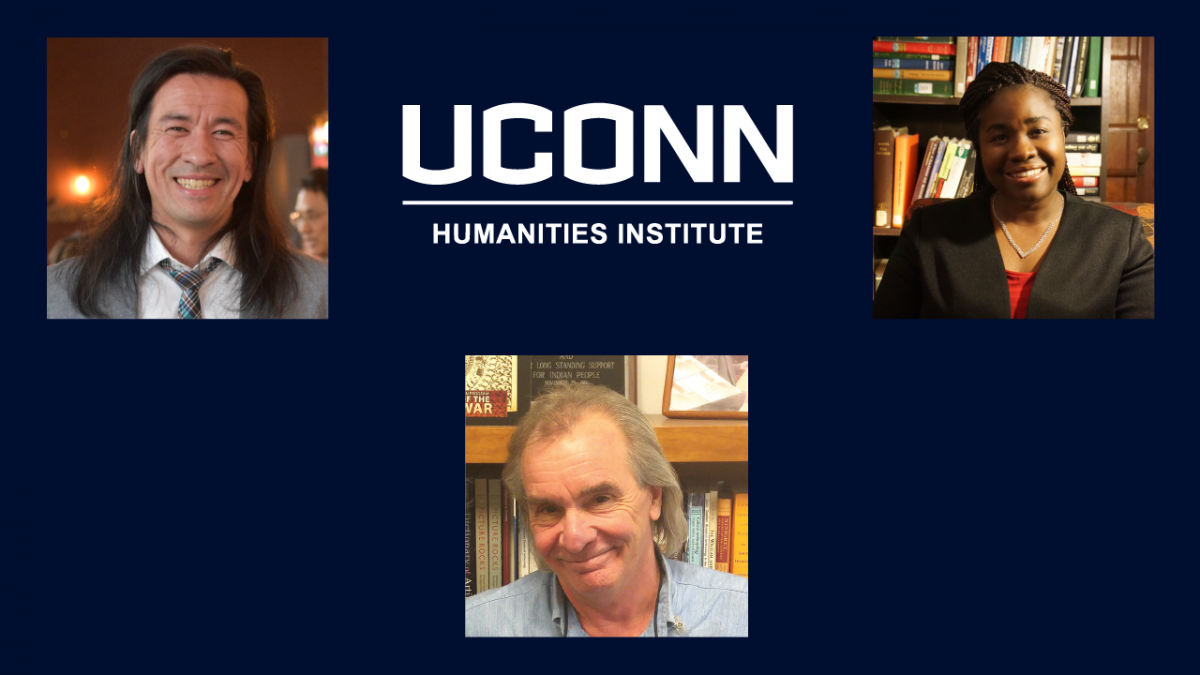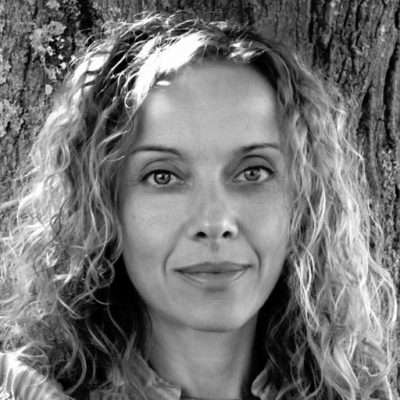Three UConn faculty members are among 30 scholars from across 11 New England institutions who were awarded seed grants by the New England Humanities Consortium. These competitive seed grants are awarded for research initiatives in the humanities that seek to capitalize on the collaborative network of the consortium.
Jason Oliver Chang (Department of History and Asian & Asian American Studies Institute) and Fiona Vernal (Department of History and Africana Studies Institute) serve as co-Principle Investigators on a project entitled Shade: Labor Diasporas, Tobacco, Mobility, and the Urban Nexus. This project, which will be conducted in collaboration with former UCHI fellow Jorell Meléndez-Badillo (Dartmouth College) and Sony Coranez Bolton (Amherst College), will investigate. the ways that U.S. imperialism, colonization, corporate industry, and white settler normativity have evolved and matured in the Connecticut River Valley.
The other UConn awardee is Kevin McBride of the UConn Department of Anthropology. He is a co-Principle Investigator on a project entitled Public Memory, Place, and Belonging: Unearthing the Hidden History of the Native and African American Presence on Block Island. Other co-investigators and collaborators on this project include Amelia Moore, Jessica M. Frazier, and Kendall Moore (University of Rhode Island). This project will support fieldwork and planning that will lead to the development of a temporary, traveling exhibition, opening in July 2022. After its initial display at a number of regional museums, the exhibit will eventually find a permanent residence at the Gobern family homestead on Block Island, the future site of a Manissean community center.

 The remarkable preservation of the Early Bronze Age village of Afragola on the Campania Plain of Southern Italy is unmatched in Europe. The site was buried under nearly a meter of volcanic ash deposited by the Avellino eruption of Vesuvius ca. 3945+10 cal. BP. The site boasts a large number of well-preserved structures, built features and organic materials and thus provides a laboratory-type setting in which to investigate variability in artifact distribution and activity areas across a single village. This research utilizes micromorphological analysis of thin sections of undisturbed sediment collected at the site to understand how people used living spaces, organized daily activities and, when possible, to connect village life to broad issues related to the emergence of social complexity on the Campanian Plain. In particular, micromorphology is used to identify the type and range of human activities, the function of features and buildings, and the intensity of site occupation. The micromorphological analysis at Afragola provides a unique example of a briefly occupied agricultural village with what appears to be minimally stratified social organization during the Early Bronze Age of southern Italy.
The remarkable preservation of the Early Bronze Age village of Afragola on the Campania Plain of Southern Italy is unmatched in Europe. The site was buried under nearly a meter of volcanic ash deposited by the Avellino eruption of Vesuvius ca. 3945+10 cal. BP. The site boasts a large number of well-preserved structures, built features and organic materials and thus provides a laboratory-type setting in which to investigate variability in artifact distribution and activity areas across a single village. This research utilizes micromorphological analysis of thin sections of undisturbed sediment collected at the site to understand how people used living spaces, organized daily activities and, when possible, to connect village life to broad issues related to the emergence of social complexity on the Campanian Plain. In particular, micromorphology is used to identify the type and range of human activities, the function of features and buildings, and the intensity of site occupation. The micromorphological analysis at Afragola provides a unique example of a briefly occupied agricultural village with what appears to be minimally stratified social organization during the Early Bronze Age of southern Italy.
